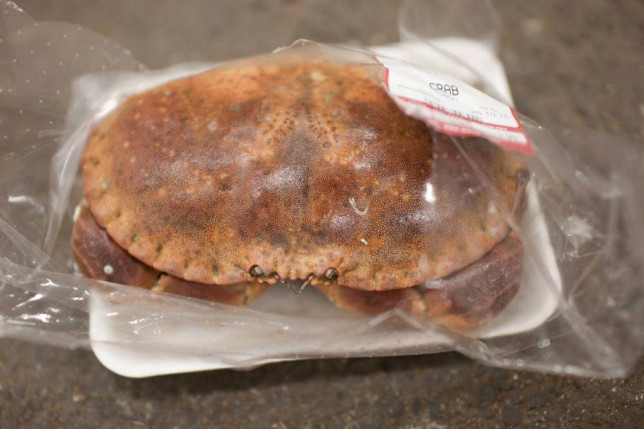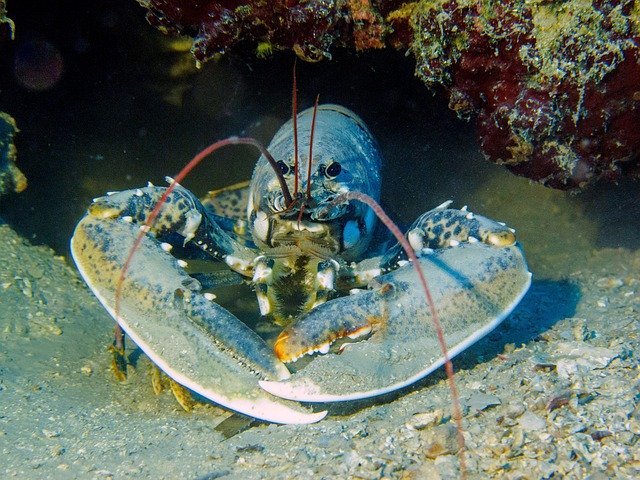Could it be the end of eating cockles and mussels ‘alive alive oh’ in the U.K.
It now appears that the United Kingdom government might seriously consider declaring decapod and cephalopods crustaceans, and more doubtfully even molluscs, as sentient beings and amend the UK Animal Welfare Act accordingly. For those in our seafaring nation who have historically indulged in eating cockles and mussels and all other seafood, it is bad news as it could put seafood eating off limits. Personally, I have never been a great seafood eater so on that count I will not really be affected, but there are millions who might be.
So can lobsters, crabs, octopuses, squid and molluscs have feelings, feel pain and suffer? We should get an official view soon as there has been a review of scientific findings on whether these animals qualify for the status of sentience and the findings are overdue.
Veterinarians back sentience for crustaceans.
The results of the review are eagerly awaited by many campaigning animal charities such as Crustacean Compassion who strongly feel these animals have the required qualities for this new status. Many people may find it a totally ludicrous idea, but the British Veterinary Association (BVA), the Animal Welfare Science Ethics and Law Veterinary Association (AWSELVA) and dozens of animal charities are supporting the move.
“decapods and cephalopods should be regarded in legislation as having consciousness and the capacity to experience feelings such as pleasure and pain”.
New BVA policy on sentience for decapods.

Will we stop eating lobsters?
The question is whether this new status would impact our traditional seafood eating habits and increase our respect for the animals involved. Will it curb our desire to eat them? Definitely not, but it will put Pescatarians under pressure, who will have to search their conscience and decide whether to go the whole yard in giving up flesh altogether. And anyway we eat billions of other sentient animals worldwide each year without any real thought to their welfare.
Will it stop them being boiled alive or having their legs cut off? I would hope so. Will it stop live ones being crammed into tanks in restaurants and markets for us to choose. Perhaps. Will it restrict their availability? Doubtful. Will it stop live crabs being displayed on supermarket shelves vacuum packed? Definitely.
But will it really improve their welfare to a great extent? Probably not, as in practical terms it is difficult to police any protection unless we ban their culinary use completely.
Can we really protect them?
Take the case of the poor lobster. Will it be possible to protect their welfare at the point of capture in pots, the transport on fishing boats, their care while being held in markets or storage and their slaughter by licensed persons. Difficult. Will it end the traditional children’s seaside hobby of buying a crab line to yank tiny ones out of the water for no real purpose and then throwing them back often from a great height? Hopefully as it sends the wrong message to children.
Don’t get me wrong I would love to see these higher crustaceans protected as I have always believed they have as much individual character and emotions as any other animal and suffer unfairly at our hands as do larger fish species. As for molluscs it seems unrealistic that we shall ever see protection for them.
If we do join the handful of countries that already classify these animals as sentient, it might encourage North American and European States to take note. Unfortunately, Asian cultures whose eating habits are mainly seafood based will probably never see this point of view, but it will be interesting to see how all this pans out.


